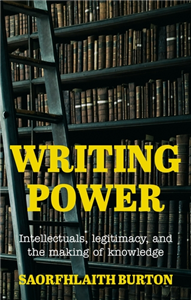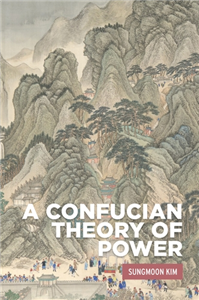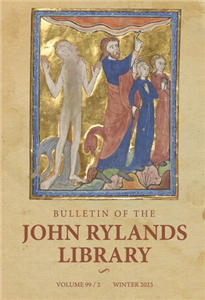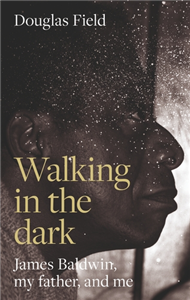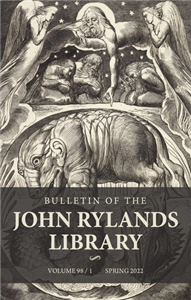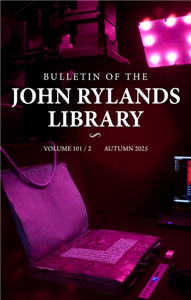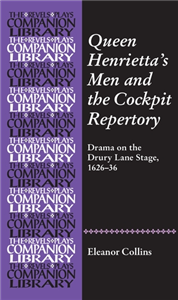Smart English Company Limited
Smart English Company Limited is committed to developing a line of fun and educational products, which currently includes Inspirational English and Robin Education, to help young learners acquire the four skills in the English language. With 'Baby Animals', 'Dinosaurs in my Garden', and 'Mirabelle and Milo', Robin Education aims to develop young learners’ ability to use authentic English language in line with the Cambridge English Qualifications syllabus, as they explore the fascinating stories in each series.
View Rights Portal





